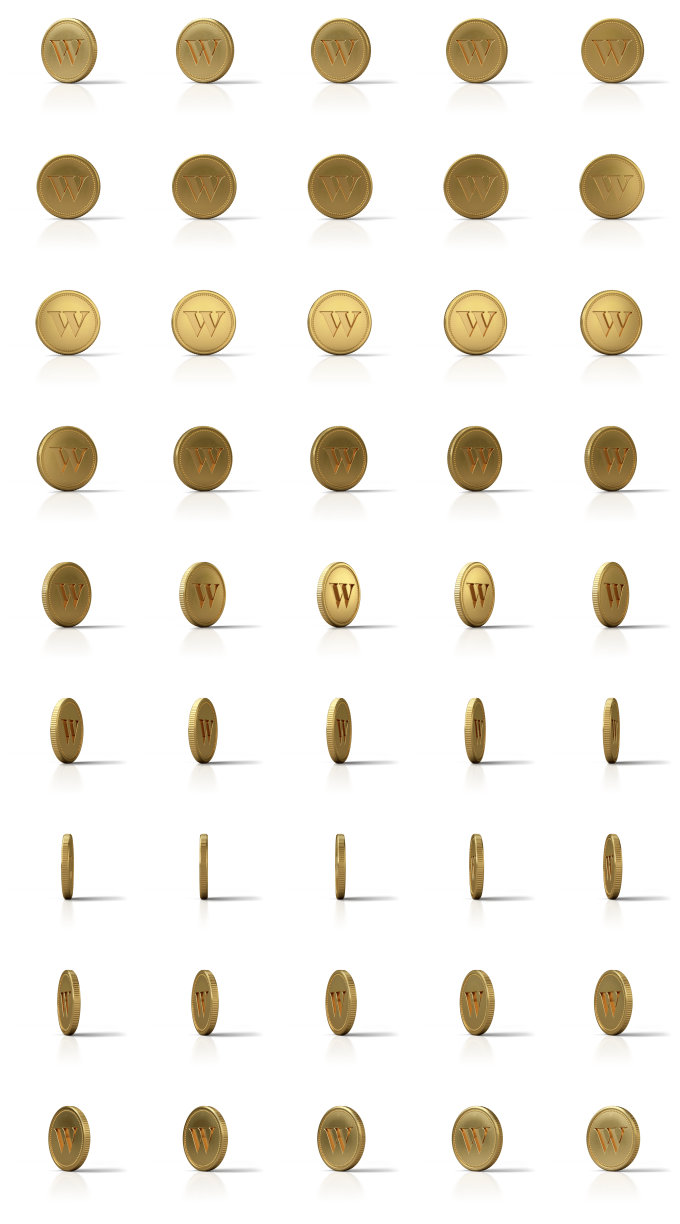This article originally appeared on the SimpleTax blog. SimpleTax has joined Wealthsimple to become Wealthsimple Tax. Now you can invest, trade, save, and do your taxes all in one place.
There are a few misconceptions about our tax system that seem to pop up over and over. We hear these all the time, so let’s set the record straight:
1. I don’t have to claim my interest since I didn’t get a slip
It’s your responsibility to report all your income, even if a slip isn’t issued. So while banks are exempt from issuing a T5 if you earned less than $50 of interest, you still need to report that income on your return.
2. I can choose when to claim my tuition credits
This often throws students for a loop: you don’t get to choose when to claim those tuition credits. Everything is calculated for you automatically using the Schedule 11, so you’re required to claim the credit if you have income to claim it against. The remainder will be carried forward for you automatically.
Same goes when transferring the credit to someone else: you need to reduce your taxable income to zero before you can transfer any leftover amounts.
And if you’re a student with a tuition carryforward, don’t forget to add it to your tax return—even if you didn’t want to claim it. Unlike other carryforward amounts, you can’t choose when to use this one.
3. I can deduct my accountant’s fees for preparing my tax return
This one is a little trickier. The CRA even has a really attractive-looking income tax interpretation bulletin that discusses this topic at length.
Accounting fees are deductible if they were incurred for “the purpose of earning income from a business or property”. While deductions for accountants’ fees are allowed if you have a small business, they will rarely be allowed in other circumstances.
4. I have a balance owing so I must have done something wrong
Having a balance owing is perfectly normal. While it’s not as much fun as getting refund, one positive way of looking at it is that the CRA wasn’t holding onto your money for you all year; after all, a refund is just you getting your own money back.
If you have multiple employers, investment income, business income, or any other kind of income where tax wasn’t deducted at source (e.g. it didn’t come directly off your pay cheque), you’ll likely owe the CRA come tax time. This doesn’t mean you’ve made a mistake when completing your tax return.
5. I don’t want to file early because that means I’ll have to pay early
You can file your return early and� make a post-dated payment. As long as you file your return on time and pay by April 30th, the CRA won’t charge you a penny of interest on your balance owing.
6. I don’t want to work overtime because I’ll make less money
This stems from confusion around marginal tax rates. As we explain in this blog post, Canada’s tax system is progressive: as you make more money, your marginal tax rate increases. You can think of your marginal tax rate as the amount of tax you owe on each additional dollar you earn. It’s easiest to illustrate this with an example.
Let’s say you're on track to earn $40,000 a year, so your federal marginal rate is 15%. That means you’ll owe about $6,000 in tax, leaving $34,000 in your pocket. Now let’s say you get offered an overtime shift for $5,000. Should you take it, even though it will push you into the next tax bracket?
Of course you should! While your federal marginal rate is now 22%, that rate only applies to every dollar you earn over $43,561. You’ll now owe about $6,850 in tax, but you’ll have $38,150 in your pocket—$4,150 more dollars than if you had declined working overtime.
To sum it up: you will always be better off making more money.
File with Wealthsimple Tax. Maximum refund, guaranteed.
Get started for free
